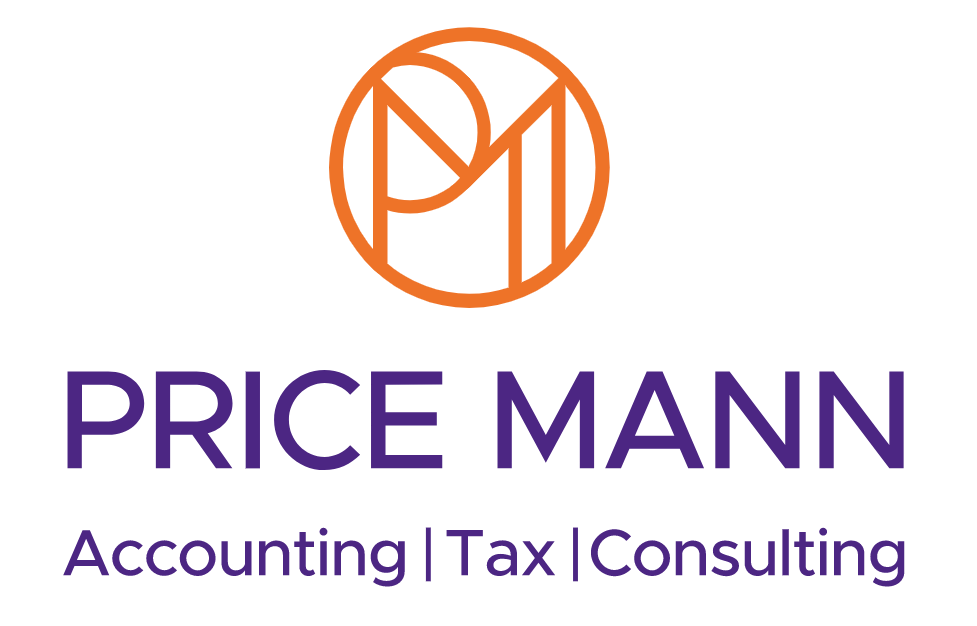Business Update: April 2023
Business Update: April 2023
What to expect in April?
Finance sector increased female representation
According to the new report from the Women in Finance charter, the finance sector is making strides in female representation. The number of females in senior management roles increased by 35% in 2022. Around 50% of participants are setting up high ambitions, their aim is to achieve at least 40%.
To encourage gender balance in the financial sector UK government started the charter in collaboration with experts from New Financial. Counting now more than a million members of the workforce, it has over 400 signatories.
Signatories will help to monitor the process against self-created targets for women in senior management and make an annual report to HM Treasury.
Baroness Penn, Treasury minister declared: “This report should serve as a marker of strong progress but also a reminder that we shouldn’t be complacent. I want to ensure that the Charter continues to be a tool for keeping the sector competitive, innovative, and productive.”
Voluntary National Insurance Contributions deadline has been extended
UK Government has extended the voluntary NI contribution deadline by extra 4 months. Until the 31st of July, taxpayers have time to make an additional payment and to increase their state pension entitlement.
The usual deadline for making additional NI contribution payments is 6 years. This extension of the deadline allows taxpayers more time to fill gaps in their NI records between April 2006 and April 2016. It is a good chance to fill the gaps at the actual rate until the 31st of July. After that, the rates will increase.
To be qualified for the state pension taxpayers need at least 10 years of NICs. That is why HMRC is encouraging those who are eligible to not miss the opportunity to increase how much they receive when they retire.
Victoria Atkins, financial secretary to the treasury stated: “We recognise how important state pensions are for retired individuals, which is why we are giving people more time to fill any gaps in their National Insurance record to help bolster their entitlement.”
Chancellor removes lifetime pension limit
During the Spring Budget announcement, Chancellor Jeremy Hunt declared that the pension lifetime allowance will not have any tax charge. People will be able to save more and invest more in the pension scheme without any limits and without tax from April 2023.
At the moment people who save more than £1,073,100 (current allowance level) in their pension scheme pay a tax of either 25% or 50% on the exceed.
The Chancellor was expected to increase the limit to encourage pension savers to stay in work longer. Alternatively, he acknowledged that he will remove the tax charge from April 2023, before the annulation of allowance altogether from April 2024.
He said: “I do not want any doctor to retire early because of the way pension taxes work, No one should be pushed out of the workforce for tax reasons.”
Chancellor also added that he will increase the annual tax-free allowance for pension contributions from£40,000 to £60,000.
Legislation will be introduced in Spring Finance Bill 2023 to:
- ensure that nobody will face an LTA charge from 1 April 2023
- increase the annual allowance (AA)
- increase the income level for the tapered AA to apply from £240,000 to £260,000
- increase the money purchase AA from £4,000 to £10,000
Other good news was announced in the Spring Budget. Good news for parents as there will be an expansion of free childcare. A simplified tax system will allow workers to stay longer work. And the introduction of ‘returnerships’ to incentivise those over-50s to return to work.
Chancellor stated that this is a comprehensive plan to remove barriers to work.
Super-Deduction replaced by “Full Expensing”
A new encouraging “full expensing policy” will motivate business investment.
Companies will be able to claim 100% capital allowance on qualifying plant and machinery from April 2023 to March 2026. It will allow businesses to write off the cost of investments in one go.
The policy comes as the existing deduction, which offers a 130% capital allowance on qualifying plant and machinery investments, finalised on 31st March 2023.
Due to the new full expensing and 50% first-year allowance, the business can claim £10 million under full expensing and £1 million under the 50% first-year allowance in the year the expenditure is experienced.
The outstanding balance of £1 million can be counted in the special rate pool as a subsequent accounting period.
The Chancellor mentioned that he was introducing the scheme “with an intention to make it permanent as soon as we can responsibly do so”.
Chief economist at the Institute of Directors, Kitty Ussher added a comment on this point. She said: “Our economy has been held back in recent years because people running businesses have felt nervous of committing to investment when the climate is so uncertain. The introduction of 100% full expensing for the next three years is therefore very welcome, and we urge it to be continued thereafter.”
Enhanced credit for R&D was announced by the Chancellor. Extensions to creative industry tax reliefs, and set 12 new investment zones across the UK.
The Chancellor said: “If the super-deduction was allowed to end without a replacement, we would have fallen down the international league tables for tax competitiveness and damaged growth. “I could not allow that to happen. “That means that every single pound a company invests in IT equipment, plant or machinery can be deducted in full and immediately from taxable profits.”
Talk to us if any of these updates are affecting your business.













